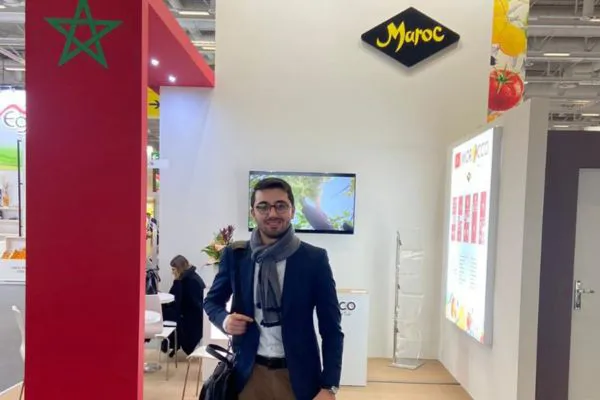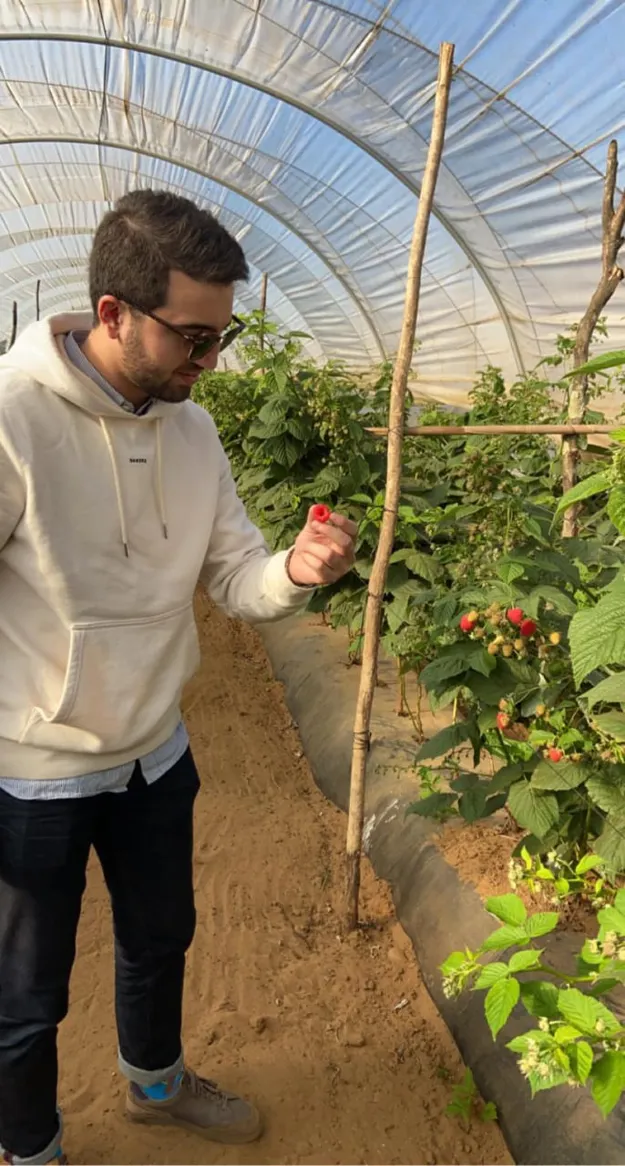Importers of Moroccan agricultural products have to find alternative origins, as several crops have seen a big drop in volumes. Citrus, blueberries, tomatoes, and other fruits and vegetables from Morocco are missing, said Walid Goddi, Morocco sourcer in the Rungis hub.
Walid explains: "Several reasons, which can all be classified as climate issues, have contributed to the situation: long drought, depletion of the water table, cold snaps, phytosanitary diseases... the agricultural season in Morocco has seen better days. Today, the volumes that are coming from Morocco are small and difficult to source."

"Some crops have virtually disappeared, such as tomatoes and potatoes where volumes are almost non-existent", adds Walid, "The government's decision to limit or even prohibit exports of tomatoes and potatoes for example, in a last-ditch effort to support the local purchasing power, has left us with no other choice but to seek other origins".
What alternatives have sourcers of Moroccan produce sought? "In Rungis, and it is the case of other hubs, we turned to Turkey to buy tomatoes. Turkey has been impacted in turn for a short time by the earthquake, but its supply is currently running at a normal rate," says Walid.
 He continues: "And for citrus, we bought the Moroccan volumes that were available, and which have dropped by half compared to the previous season, and replaced the shortfall with Egyptian citrus which was available in good volumes, although we did not have much choice of sizes."
He continues: "And for citrus, we bought the Moroccan volumes that were available, and which have dropped by half compared to the previous season, and replaced the shortfall with Egyptian citrus which was available in good volumes, although we did not have much choice of sizes."
"Currently, the season of watermelons and other summer fruits is about to begin, and we also expect a shortage of volumes from Morocco. We'll see how it goes, and we plan to import from Senegal or Mauritania," adds Walid
Some Moroccan producers have relocated their watermelon operations to Mauritania, but they have some concerns, says Walid: "These producers have heavily invested in irrigation and packaging equipment, the Mauritanian authorities are asking them to pay caution deposits to ensure that the watermelons will be sold in Europe and not in the Moroccan market, which complicates shipping and causes exporters to bleed cash."
For more information:
Walid Goddi
Magellan
Tel: +33 6 48 81 42 46
Email: [email protected]
linkedin.com/in/walid-goddi-68aba2177










